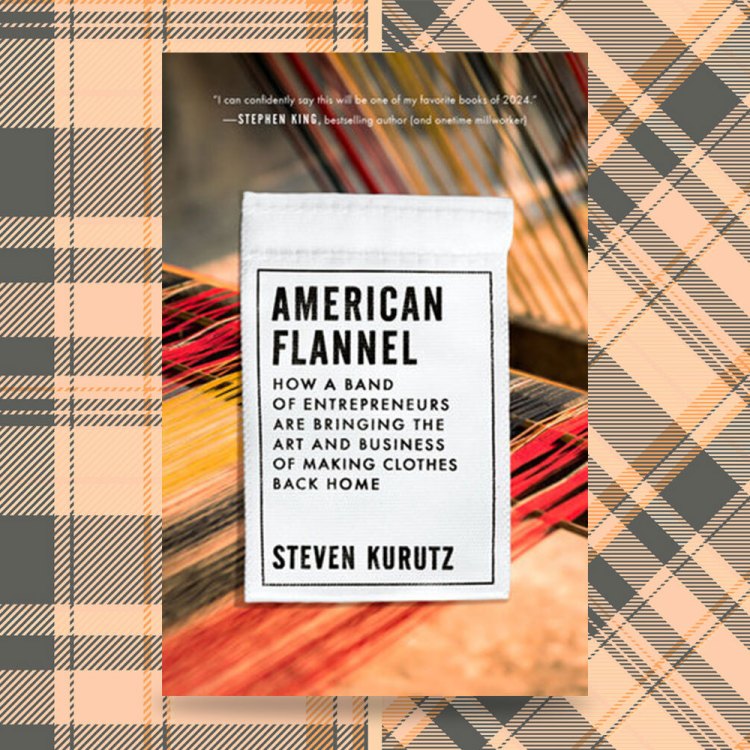In case you missed it, people were pretty into sexism during the Victorian era — like, even more so than now. This meant that many women writers felt the need to assume male pseudonyms in order for their work to be published and/or taken seriously. Some of these women — including Middlemarch author George Eliot, AKA Mary Ann Evans — are still best known to the public today by their male pen names, despite crafting some of the best literary masterpieces of all time with their very own tiny lady brains.
However, a new campaign called “Reclaim Her Name” wants to change that. The initiative, announced on Wednesday by the Women’s Prize for Fiction in celebration of the award’s 25th anniversary, plans to republish 25 books originally written under male pseudonyms, this time using the authors’ real names.
While the group behind the initiative hopes republishing these women’s books under their own names will “honor their achievements and give them the credit they deserve,” the act of changing an author’s self-appointed name could raise some eyebrows. We may generally operate under the assumption that most of these women were pressured into assuming their male pen names due to the patriarchal power structures that severely limited women’s options at the time, but it’s important to note that some writers, such as Eliot, continued to publish under their pen names even after their real identities were revealed and widely known. Other writers, such as the Brontë sisters, who initially wrote under androgynous pseudonyms, began publishing under their given names once their identities were revealed, suggesting that fellow writers of the time who held onto the pseudonym under similar circumstances did so by choice.
Meanwhile, reverting another person’s name to their given name rather than their chosen one without their consent carries some potentially, if unintentionally, transphobic subtext in an era that recognizes an increasingly diverse range of gender identities. It’s possible that some of the writers this initiative hopes to recognize assumed and kept their male pseudonyms as a way of expressing an aspect of their gender identity that would have had little other opportunity for expression at the time.
As CNN noted, one of the authors whose work will be republished under her given name is George Sand, who was known to wear men’s clothing, smoke tobacco in public and was rumored to sleep with other women. While we don’t know how Sand, or any of these authors, might identify today, it seems potentially inappropriate to posthumously strip an author of their chosen name, even if we assume they chose that name under societal duress.
Subscribe here for our free daily newsletter.
Thanks for reading InsideHook. Sign up for our daily newsletter and be in the know.

















